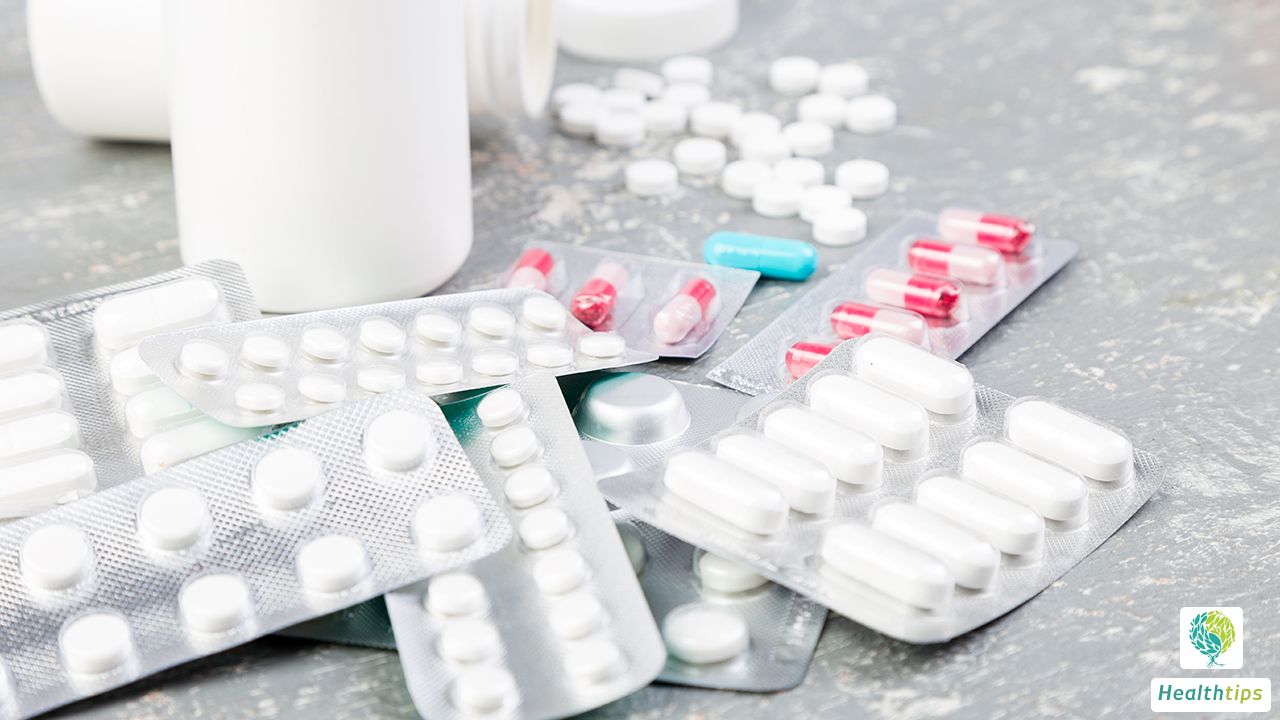Rhinitis and pharyngitis are two different diseases, so there are differences in treatment. It is recommended to treat the underlying causes, which commonly include allergies, bacterial infections, postnasal drip syndrome, and underlying diseases. It is recommended to undergo relevant examinations at the hospital and receive targeted treatments.

1. Allergies: The common treatment method is to avoid contact with allergens. However, if symptoms recur frequently and are found to be caused by allergies, an allergen test can be performed. After identifying the specific allergen, it is necessary to stay away from the allergen promptly. Medications such as loratadine and cetirizine can also be used for treatment.
2. Bacterial infections: Common examples include acute rhinitis, chronic rhinitis, and pharyngitis. Acute rhinitis is often caused by viral infections, often due to decreased body resistance during a cold and bacterial invasion. Antibiotics such as amoxicillin and cefixime need to be used for targeted treatment. Chronic rhinitis generally develops from acute rhinitis, mostly due to bacterial infections, or may be caused by low immunity. Corticosteroid drugs such as mometasone furoate nasal spray can generally be used. Pharyngitis is often caused by long-term spicy or other irritating foods, or by smoking and drinking. Generally, furacilin solution can be used for gargling or watermelon frost throat lozenges can be taken orally for treatment.
3. Postnasal drip syndrome: Common examples include rhinitis and pharyngitis. If caused by rhinitis, it is mostly due to bacterial infections. If symptoms recur frequently, antibiotics such as amoxicillin can be prescribed under a doctor's guidance for treatment. If caused by pharyngitis, it is often due to frequent smoking and drinking. In such cases, furacilin solution can be used for gargling or watermelon frost throat lozenges can be taken orally for treatment.
4. Underlying diseases: If the patient has underlying diseases such as diabetes, it is necessary to treat the primary disease. Diabetic patients need to use insulin and other hypoglycemic drugs to control blood sugar and prevent symptom aggravation.

